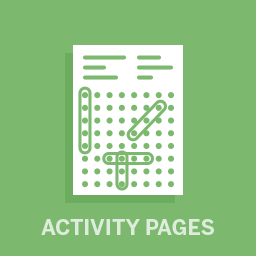Looking for additional research- and evidence-based resources? The FCRR Resource Database pulls together over 650 materials from across the center’s numerous research, innovation, and engagement activities. Users can search available materials by resource type, project, and stakeholder audience. We invite you to continue learning and growing with FCRR.
We are currently aware of some broken links on our website due to recent changes made by our partner sites. We are actively reviewing and updating these links. We appreciate your patience and understanding during this process. If you have any questions or need further assistance, please feel free to contact us.



